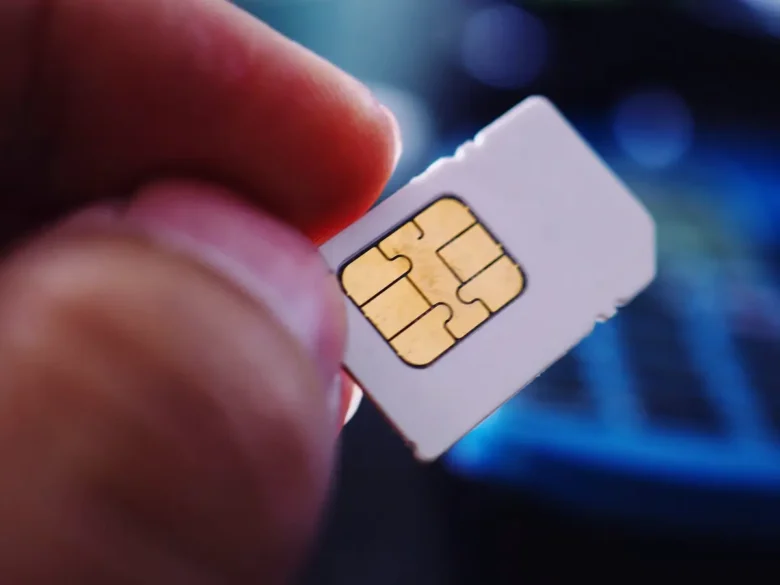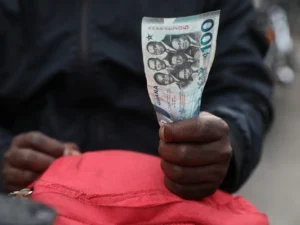How to Stay Connected in Ghana: SIM Cards, WiFi, and Internet Tips
Staying connected in Ghana is easy and affordable if you know what to expect. Whether you’re a digital nomad, business traveler, or simply want to share your travel moments with family and friends, Ghana offers several reliable ways to access mobile networks and the internet.
This guide explains everything you need to stay online in Ghana—from buying a SIM card to navigating WiFi access and mobile data plans.
Mobile Networks in Ghana: The Big Players
Ghana’s mobile phone penetration is high, and mobile internet is the primary means of staying online for most locals. The three main mobile operators are:
- MTN Ghana – The largest network with the best nationwide coverage, especially in rural areas.
- Vodafone Ghana – Strong urban presence and competitive data bundles.
- AirtelTigo – A merger of Airtel and Tigo, with growing coverage and affordable plans.
MTN is the most recommended for travelers due to its fast speeds and wider reach, but Vodafone may offer better value in cities like Accra or Kumasi.
Buying a SIM Card in Ghana
Foreigners can purchase prepaid SIM cards easily, but the process is regulated. Ghana uses a SIM card registration system tied to biometric ID verification.
What You Need to Buy a SIM Card
- Valid passport – Required for registration
- Face-to-face registration – SIMs can only be activated in person
- Preferred network operator outlet – Visit an official shop, not a street vendor
Where to Buy
- Airport kiosks (Kotoka International Airport) – MTN and Vodafone have booths, though prices may be slightly higher.
- Official retail shops – Found in all major towns and cities.
- Accredited agents – Only use agents with branded kiosks and ID badges.
Cost of a SIM Card
- SIM card: GHS 2–5 ($0.20–$0.50)
- Activation: Usually free
- Minimum top-up: GHS 5–10 ($0.40–$1)
Data Plans and Bundles
Once your SIM is registered and active, you can purchase data bundles using mobile money, airtime credit, or USSD codes.
Sample Data Bundles (as of 2025)
| Network | Bundle | Price (GHS) | Data Amount | Validity |
|---|---|---|---|---|
| MTN | Daily | GHS 3 | 500MB | 1 day |
| MTN | Weekly | GHS 10 | 2.5GB | 7 days |
| MTN | Monthly | GHS 50 | 10GB | 30 days |
| Vodafone | TurboNet | GHS 100 | 40GB | 30 days |
Tip: Use USSD codes to check balance or buy bundles:
- MTN: Dial
*138# - Vodafone: Dial
*700# - AirtelTigo: Dial
*111#
You can also download official apps (e.g., MyMTN App, MyVodafone App) for easier data top-ups and bundle tracking.
Using Mobile Money for Connectivity
In Ghana, Mobile Money (MoMo) is widely used to top up airtime or buy data. It works like a digital wallet linked to your phone number.
Benefits of Using MoMo
- Fast, secure top-ups without cash
- Works even in rural areas without bank access
- Can pay for WiFi, services, and utilities
You’ll need to register Mobile Money at the same time you activate your SIM card. Bring your passport and ask to activate MoMo at the counter.
For more on how MoMo works in Ghana, visit MTN Mobile Money.
Internet Speeds and Network Quality
Mobile Internet
- MTN offers the fastest 4G speeds and decent 3G in rural zones.
- Vodafone and AirtelTigo are reliable in cities and towns but have weaker rural coverage.
- Ghana is rolling out 5G in select areas, mostly in Accra.
Download Speeds (Estimates)
| Network | City Speed (Mbps) | Rural Speed (Mbps) |
|---|---|---|
| MTN | 25–40 Mbps | 10–20 Mbps |
| Vodafone | 15–30 Mbps | 5–15 Mbps |
| AirtelTigo | 10–25 Mbps | 5–10 Mbps |
Performance can vary by location, time of day, and network congestion.
WiFi Access in Ghana
While Ghana has decent mobile coverage, WiFi is not universally available or reliable, especially outside urban areas.
Where to Find WiFi
- Hotels and guesthouses – Mid-range and upscale accommodations usually provide free WiFi.
- Cafés and restaurants – Some chains (like Vida e Caffè, KFC) offer complimentary WiFi.
- Coworking spaces – Popular with digital nomads, offering fast internet and power backup (e.g., Workshed, iSpace in Accra).
- Airports – Kotoka International Airport has WiFi, though speed may be limited.
Note: WiFi in many public places may be slow or require purchasing a password or voucher.
Alternatives for Better WiFi
- MiFi (Mobile WiFi routers): Portable devices using a local SIM to create a private hotspot.
- USB modems: Plug into laptops; sold by MTN, Vodafone, and AirtelTigo.
- TurboNet (Vodafone) or MTN Broadband Routers: For longer stays or remote work.
Tips for Staying Connected During Your Trip
- Carry a power bank – Power outages (locally called “dumsor”) happen occasionally.
- Download offline maps (Google Maps, Maps.me) in case of network issues.
- Use apps like WhatsApp or Telegram for most local communication.
- Turn off auto-updates and background data usage to conserve mobile data.
If you’re staying longer than a few weeks, consider registering for a more robust data plan or home WiFi installation.
Useful Links and Resources
- MTN Ghana
- Vodafone Ghana
- AirtelTigo Ghana
- Visit Ghana
- Ghana Communications Authority (GCA) – Official regulator for telecom services
Conclusion
Getting connected in Ghana is simple and cost-effective when you understand how the system works. With a local SIM, a good data bundle, and Mobile Money at your fingertips, you’ll have no trouble navigating, communicating, and working online.
Whether you’re in Accra, Cape Coast, or the northern savannas, mobile connectivity is your best friend. Just remember to register your SIM legally, top up wisely, and always have a backup plan for staying online when WiFi isn’t reliable.




